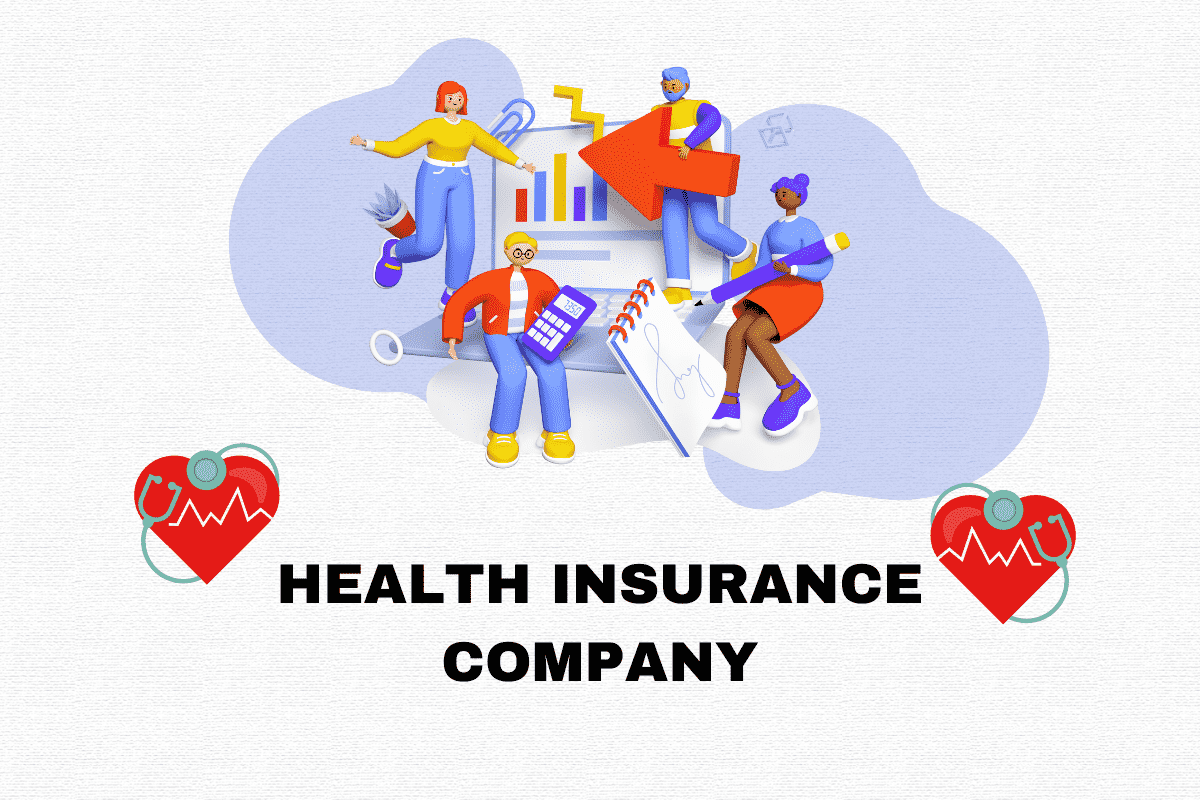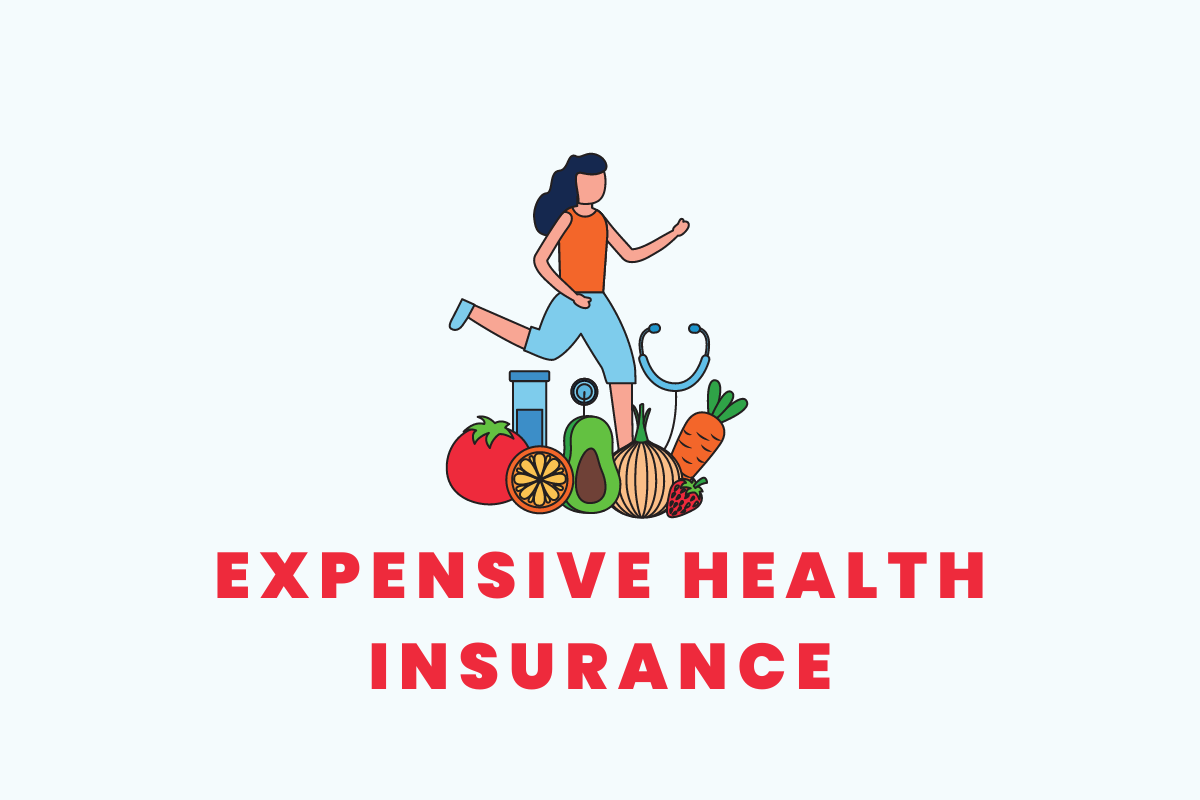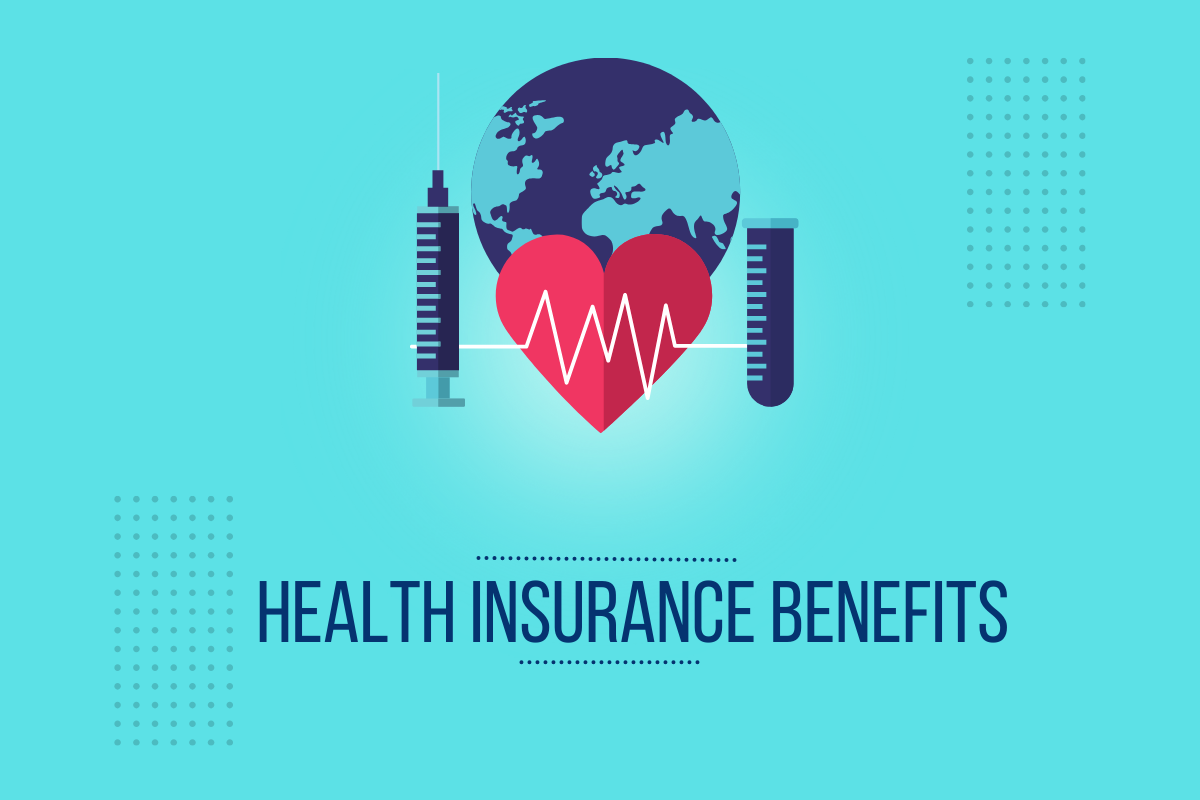Medical emergencies or critical illnesses can strike at any time, leaving you with a mountain of bills. Even with health insurance, out-of-pocket expenses can be substantial. In such situations, a health loan can emerge as a financial lifeline, helping you bridge the gap between your insurance coverage and the total cost of treatment.
But is a health loan the right choice for you? Here are 5 reasons why a health loan might be the perfect solution for your medical needs:
1. Covers Unforeseen Medical Expenses
Life can be unpredictable, and medical emergencies are no exception. Health insurance plans typically have annual coverage limits, deductibles, and co-pays. These can leave you with a significant amount to pay out of pocket, especially for complex procedures or chronic illnesses.
A health loan can cover these unforeseen expenses, ensuring you don’t have to delay or forgo critical medical treatment due to financial constraints.
2. Flexible Repayment Options
Unlike credit cards with high-interest rates, health loans offer fixed interest rates and structured repayment plans. This allows you to spread the cost of your medical treatment over a longer period, making monthly payments more manageable.
Many lenders offer flexible repayment terms, allowing you to choose a tenure that aligns with your budget and financial situation. This can significantly reduce the burden of hefty medical bills on your monthly cash flow.
3. Faster Approval Process Compared to Traditional Loans
Traditional loan applications can be lengthy and involve a lot of paperwork. Health loans, on the other hand, are often designed for faster processing, especially when dealing with medical emergencies.
Many lenders have simplified application procedures, allowing you to apply online and receive a decision within a short timeframe. This is crucial when timely access to funds is critical for your medical care.
4. No Collateral Required
Unlike some other loan options, health loans are typically unsecured, meaning you don’t need to put up any collateral like your car or house to qualify. This makes them a good option for individuals who may not have assets to use as security.
5. Peace of Mind and Focus on Recovery
The financial stress of a medical emergency can worsen an already difficult situation. A health loan can alleviate this stress by providing the financial resources you need to focus on your recovery.
Knowing that your medical bills are under control allows you to concentrate on getting better without the added pressure of financial worries.
Here are some additional factors to consider before taking a health loan:
- Interest Rates: Carefully compare interest rates offered by different lenders to ensure you get the most favorable deal.
- Processing Fees: Some lenders may charge processing fees for a health loan. Factor these fees into your overall repayment plan.
- Prepayment Options: Check if the lender allows prepayment without any penalties. This can save you money on interest in the long run if you have the means to pay off the loan early.
- Credibility of the Lender: Always borrow from a reputable and licensed lender. Research the lender’s terms and conditions thoroughly before finalizing the loan.
Health loans are not without drawbacks:
- Debt Burden: Adding another loan to your existing financial obligations can increase your debt burden.
- Impact on Credit Score: Taking out a loan can temporarily affect your credit score. Make sure you can consistently manage the monthly repayments to minimize the impact.
Alternatives to Health Loans:
- Exhausting Health Insurance Benefits: Fully utilize your health insurance coverage before considering a loan. Understand your plan’s coverage details, deductibles, and co-pays.
- Negotiating with the Hospital: Hospitals may be willing to offer payment plans or discounts for upfront payments. Explore these options before resorting to a loan.
- Medical Credit Cards: Some medical credit cards offer introductory 0% APR periods for healthcare expenses. This can be a good option for short-term financing, as long as you can pay off the balance before the interest rate kicks in.
Conclusion
A health loan can be a valuable tool to manage your medical expenses. By carefully considering the factors mentioned above and exploring alternative options, you can make an informed decision about whether a health loan is the right solution for your situation.
Remember, prioritizing your health is paramount. If a health loan helps you access the medical care you need, it can be a worthwhile investment in your well-being.





